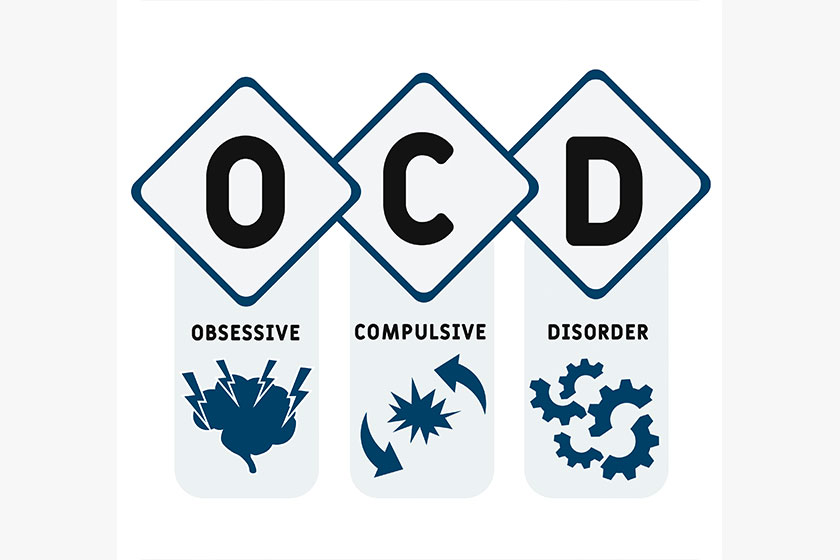Obsessive-Compulsive Disorder or OCD can be a challenging condition, particularly for individuals in retirement. Effective OCD management is crucial for improving their quality of life. The condition involves recurring, unwanted thoughts (obsessions) and repetitive behaviors (compulsions). In a memory care center, understanding and addressing these unique needs is the first step in creating a supportive environment for residents. Recognizing the patterns and triggers of OCD allows the community team to provide more targeted care. This includes modifying the living spaces to reduce stressors that may exacerbate OCD symptoms, and training team members to respond effectively to residents’ specific compulsive behaviors.
Furthermore, it’s important to maintain open communication with family members, providing them with updates and involving them in care decisions. This collaborative approach ensures that each resident’s personal history and preferences are taken into account, leading to a more personalized and effective management of their OCD symptoms. By focusing on each resident’s individual experience with OCD, memory care centers can develop strategies that not only manage symptoms but also promote a sense of safety and well-being.
Personalized Care Plans: Tailoring to Individual Needs
Each resident with OCD has unique triggers and behaviors. Therefore, personalized care plans are essential. The memory care team members work closely with residents, family members, and healthcare professionals to create a plan that addresses each individual’s specific symptoms and challenges. This approach includes understanding the nature of their obsessions and compulsions and providing appropriate interventions that can help reduce their frequency and intensity.
Creating a Structured Environment
A structured, predictable environment can significantly benefit residents with OCD. Regular routines and a calm, organized living space can help reduce anxiety and the urge to perform compulsive behaviors. In a memory care center, memory care team members ensure that daily activities are consistent and that the living spaces are free from unnecessary clutter.
This predictability can bring a sense of comfort and control to residents, helping to manage OCD symptoms. Furthermore, such an environment aids in minimizing confusion and disorientation, symptoms that are common in memory care residents. By keeping the surroundings familiar and predictable, residents can navigate their day with greater ease, reducing the stress that often triggers OCD symptoms. The familiarity of a routine and environment provides a stable foundation, allowing residents to focus on their well-being and therapeutic goals.
Therapeutic Activities and Support
Engaging in therapeutic activities are another key aspect of OCD management in memory care centers. Activities that promote relaxation, such as art therapy, music therapy, or gentle exercise, can be particularly beneficial. These activities not only provide a distraction from obsessive thoughts but also help in reducing stress and anxiety, which are often triggers for OCD behaviors. Additionally, support groups and one-on-one counseling sessions can be invaluable in providing emotional support and strategies for coping with OCD.
Collaboration with Healthcare Professionals
Ongoing collaboration with healthcare professionals is critical for effective OCD management. This includes regular assessments and adjustments to care plans as needed. Medication management, if prescribed, is carefully monitored to ensure the best therapeutic outcomes.
Does your loved one need help in managing OCD? Get in touch with us and discover how our team members in our memory care center work hand-in-hand with medical professionals to provide comprehensive care that addresses both the mental and physical aspects of OCD.







